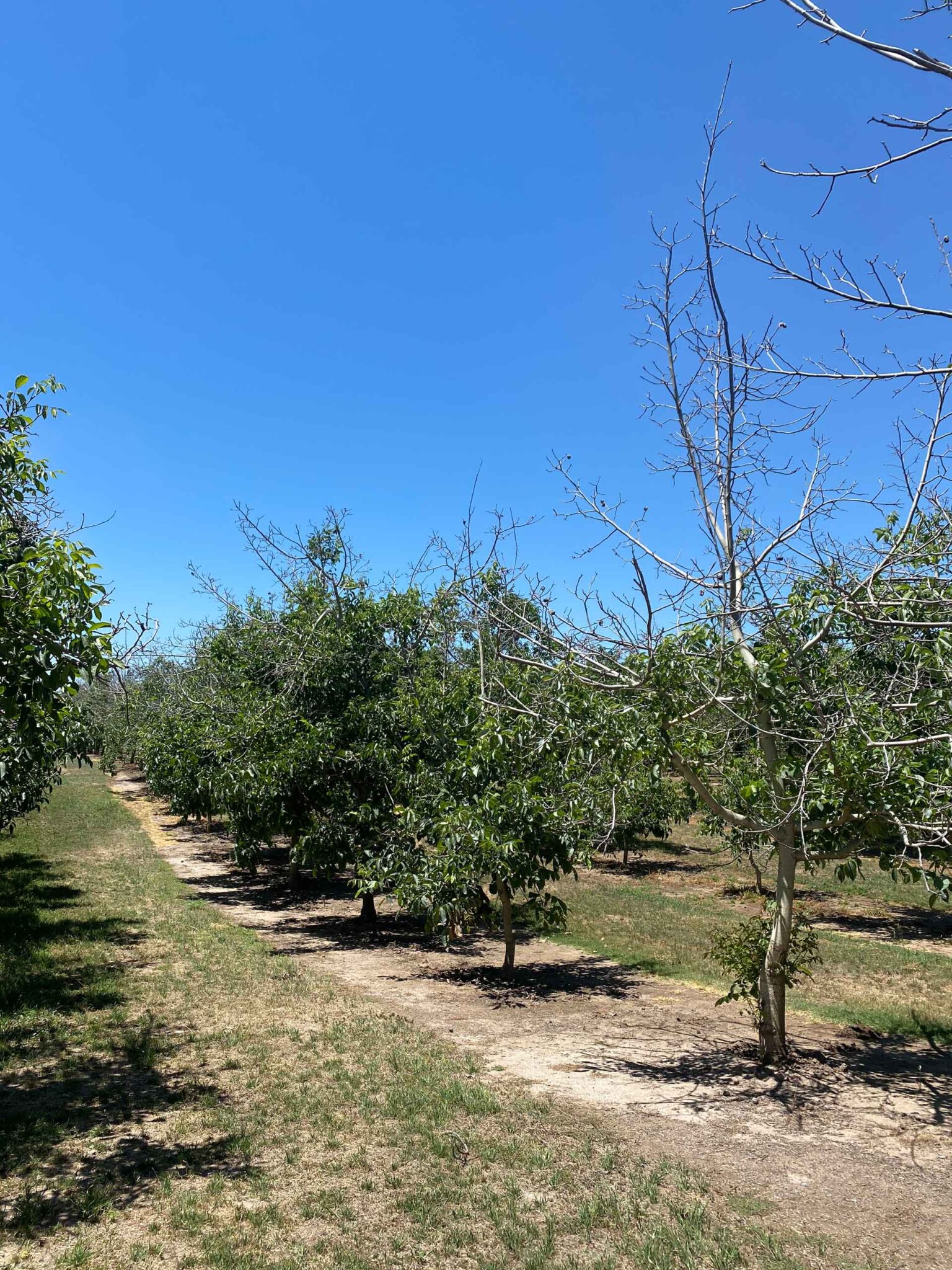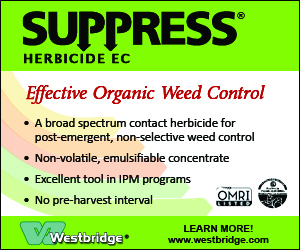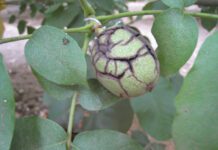
A new UCCE survey has been released as walnut growers continue to see the effects of last fall’s freeze events in their orchards.
The purpose of the survey, developed by UCCE farm advisors, is to gain greater understanding of freeze damage in walnuts and what growers/consultants have done to try and mitigate effects. Freeze damage is defined in the survey as “damage observed in spring yet incurred during the previous fall from cold temperatures below 32 degrees F.”

According to the survey description, results may be used to “develop further surveys and research projects regarding freeze damage in walnuts, and will be shared via peer-review publications, extension talks and articles, and/or conference presentations.”
Freeze events have become more common over the last few seasons, whereas before they were somewhat unpredictable. In late fall 2020, UCCE Advisors in Stanislaus County Mohamed Nouri and Kari Arnold measured a devastating freeze event. CIMIS weather data during that period showed severe temperature fluctuations, which place high amounts of stress on trees, and mild/dry weather following the event worsened effects from stress.
Growers in the northern San Joaquin and Sacramento Valleys have been reporting dieback in young and old orchards as well as trees not leafing out as a result of the recent freeze event. Freeze damage in young walnut trees produces bark discoloration in the wood. Affected branches or trees dehydrate mainly from the top and show tip dieback.
Due to freeze events becoming more common, UCCE has developed a set of recommendations to prepare for and mitigate freeze damage. Irrigating young and mature trees going into November is of utmost importance as trees with adequate moisture survive better in low-temperature environments than dry trees. If a freeze is predicted and the soil is dry, wet it two to three days prior to the event to fill air spaces and store heat. Additionally, UCCE recommends finishing nitrogen applications by the end of August. More on these recommendations can be found in the October 2021 issue of West Coast Nut.
For questions or comments about the freeze damage survey, contact Kari Arnold (klarnold@ucanr.edu, 209-525-6821) or your county UCCE Pomology Advisor covering walnuts.















